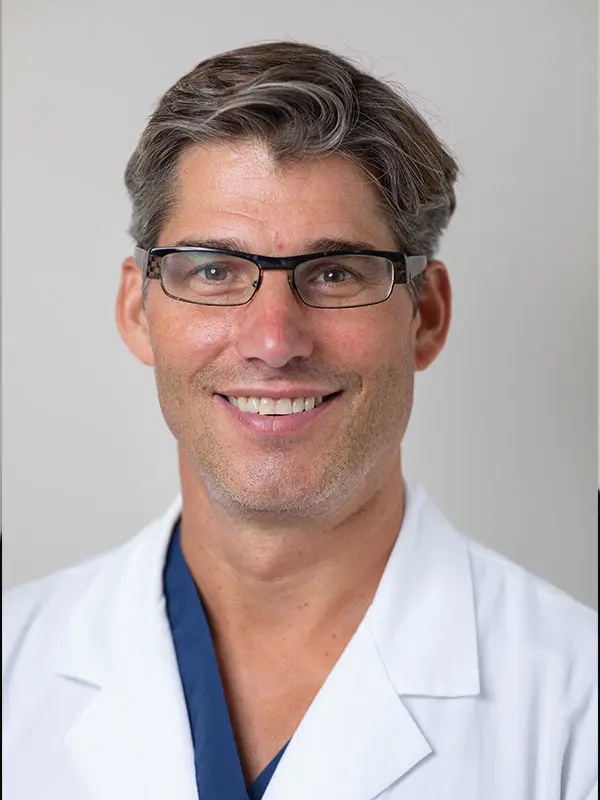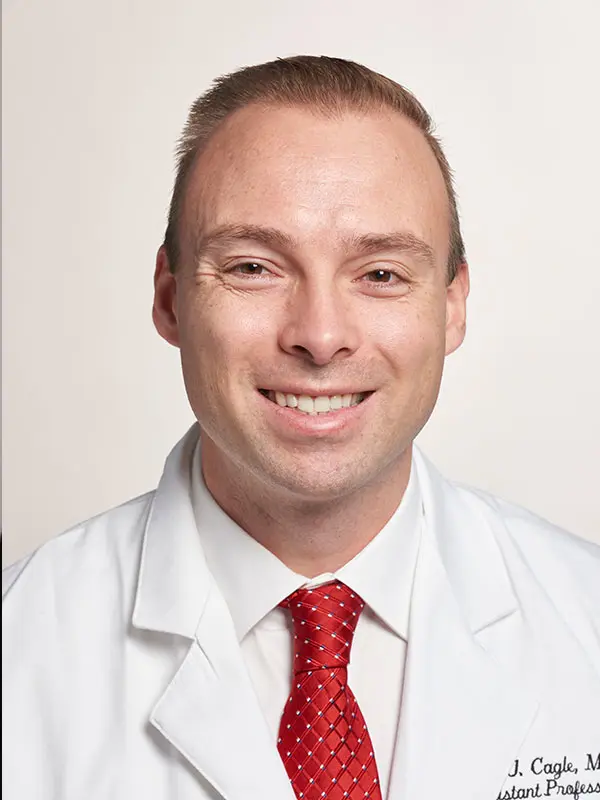But, as we know now, 2020 held unprecedented surprises. On March 20, we shut down our research laboratories and all but 11 of our cancer clinical trials. TCI clinicians were deployed to the front lines of the COVID-19 pandemic in New York City, where they worked in The Mount Sinai Hospital’s 45 newly designated COVID-19 units and intensive care units. For COVID-19 patients with cancer, we quickly created a special in-patient floor, which also housed an outpatient infusion center. Our doctors began conducting patient visits via telemedicine.
TCI’s experience in cancer research and treatment was invaluable in confronting COVID-19. Our scientists helped improve the reliability of Mount Sinai’s successful ELISA antibody test for SARS-CoV-2. Our hematologists helped Mount Sinai quickly institute an anticoagulation protocol for patients with COVID-19 whose mortality was often tied to untreated blood clots. Our immunologists, familiar with high cytokine release levels in cancer patients, applied their knowledge to critically ill COVID-19 patients with similar reactions. We launched the nation’s first study on allogeneic stem cell therapy in COVID-19 patients with overactive immune responses.
Mount Sinai’s prostate and lung cancer specialists turned their observations into investigational studies. Researchers led by Matthew Galsky, MD, Professor of Medicine (Hematology and Medical Oncology), and Urology, wanted to know whether prostate cancer patients on androgen-deprivation therapy were protected against severe complications of COVID-19. Fred Hirsch, MD, PhD, Executive Director of the Center for Thoracic Oncology at The Tisch Cancer Institute, launched a national study to determine whether vaccines and other strategies protect lung cancer patients from developing COVID-19.
Indeed, as we begin 2021 we can see how the past year provided us with valuable lessons that will help improve the health of our patients. Ralph Waldo Emerson once wisely observed: “Bad times have a scientific value. These are occasions a good learner would not miss.”
Featured

Bradford O. Parsons, MD
Professor of Orthopedic Surgery

Paul J. Cagle, Jr., MD
Associate Professor of Orthopedic Surgery
